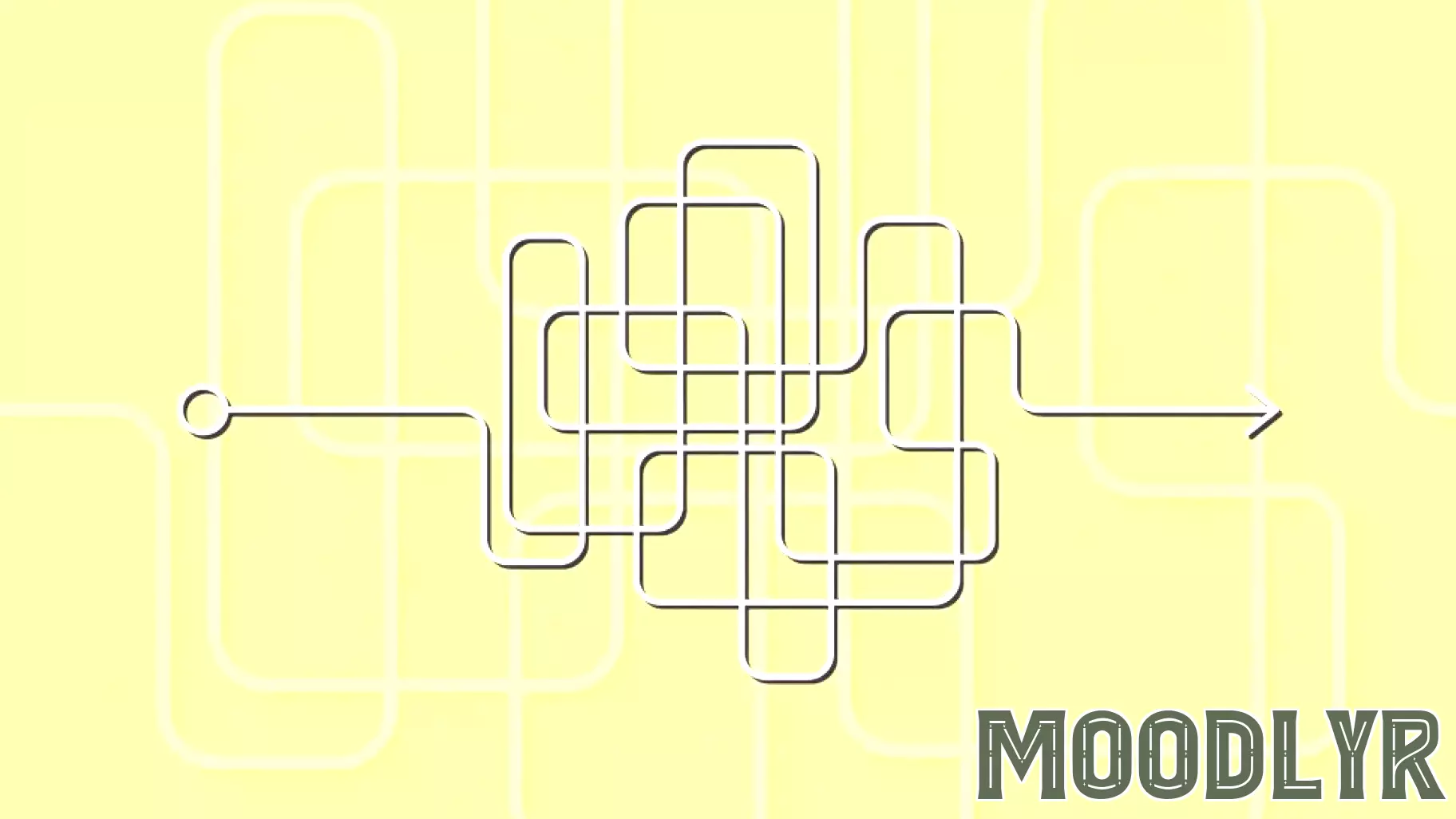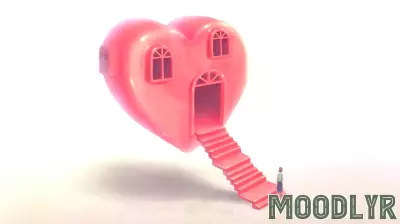The Intriguing Balance of Effort: When Hard Work Loses Its Worth
April 7, 2025 - 05:04

For many people, there’s a sweet spot: A little effort might make something more valuable, but push too far and the value drops. This phenomenon raises questions about the relationship between effort and perceived worth. While society often glorifies hard work, it can be counterproductive when taken to extremes.
In various aspects of life, from personal projects to professional endeavors, the amount of effort exerted can significantly influence the outcome. A moderate amount of effort can enhance creativity and lead to better results, but excessive striving can result in burnout, diminishing returns, and frustration.
This paradox suggests that the key to success lies not in relentless labor, but in finding a balance. Recognizing when to push forward and when to step back is crucial. Understanding this dynamic can lead to more sustainable practices, allowing individuals to appreciate their achievements without the burden of overexertion. Ultimately, the value of effort is not solely in the quantity but in the quality of engagement.
MORE NEWS

February 21, 2026 - 02:30
Home Really Is Where the Heart IsThe age-old saying `home is where the heart is` is more than just a sentimental phrase; it is a neurological reality. New research suggests that the profound feeling of home is an idea we...

February 20, 2026 - 05:37
Racist Attitudes Linked To Future Psychological Distress – But Could Both Be Fueled By Something Else?A new research study is challenging the straightforward assumption that holding racist views directly causes future mental health problems. While confirming a link between prejudiced attitudes and...

February 19, 2026 - 04:05
UWM Professor Uses Sport Psychology Research to Solve Real-World ProblemsProfessor Barbara Meyer possesses a uniquely analytical lens that she applies to nearly every situation. Whether she`s guiding Olympic athletes, consulting with a university soccer team, or simply...

February 18, 2026 - 03:25
Why couldn't Ilia Malinin handle the pressure? Sports psychologists offer their thoughtsThe recent performances of top athletes have reignited a crucial conversation within the world of elite sports: the immense psychological burden of competition. While the spotlight often falls on a...